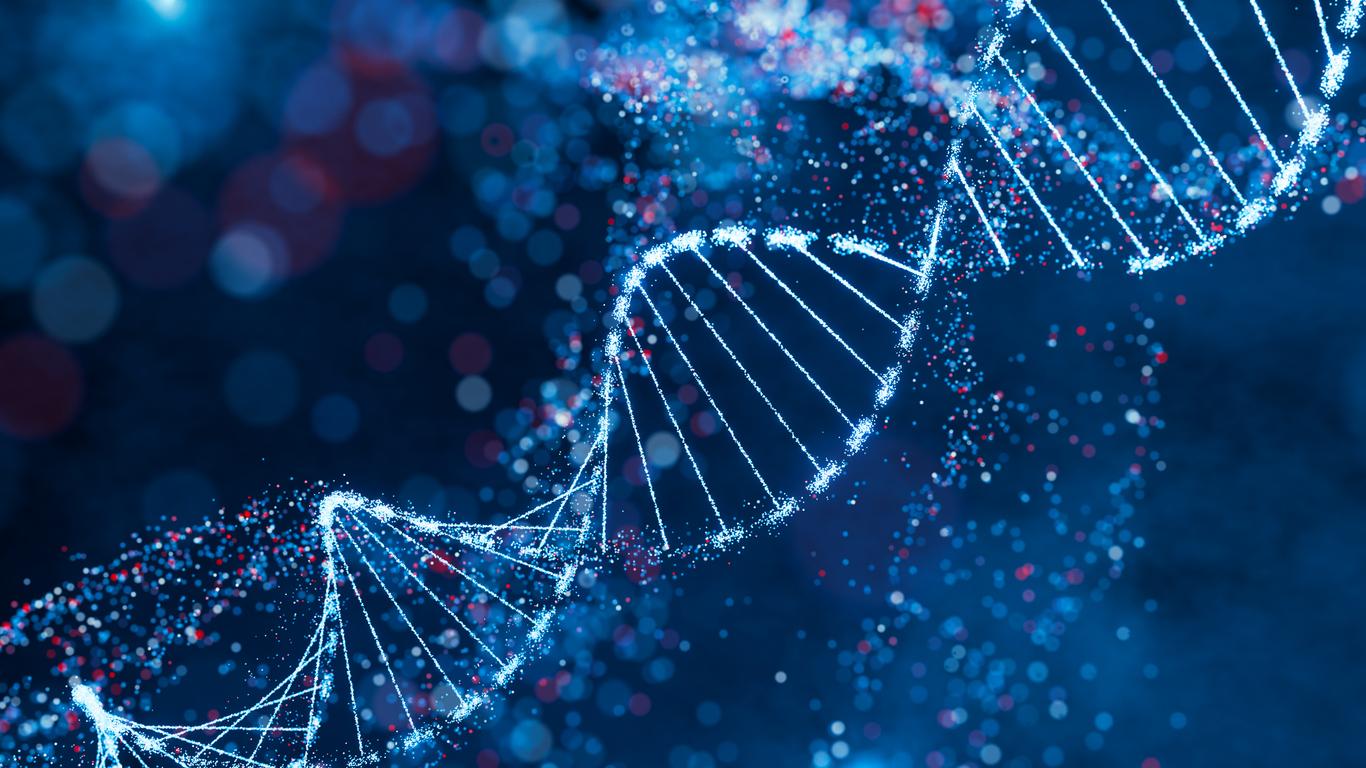Polyphenols in grapes are already known to reduce the risk of cardiovascular disease and reduce memory loss associated with aging. They would also be effective in limiting the accumulation of fat in the liver and slowing the proliferation of fat cells. These conclusions were obtained after experiments carried out on mice.
Researchers at the University of Florida (United States) infiltrated the liver and fat cells of mice with extracts of black grapes. The polyphenols in grapes would have made it possible to stop the accumulation of lipids in mice.
The results of the study revealed that ellagic acid, one of the polyphenols in grapes, significantly decreased the growth of existing fat cells and slows the formation of new ones. A mechanism that could help luse against obesity.
While the findings of this study are encouraging, grapes should not be viewed as a miracle drug. On the other hand, this new research may provide avenues for new therapeutic solutions to fight against obesity and in food education.
“We did not conclude, and did not expect, that these compounds would play a role in weight loss,” says Neil Shay, biochemist in the Department of Food Sciences and Human Nutrition, University of Florida. , (United States) and co-author of the study. “But if we could develop a nutritional strategy that would reduce the accumulation of fat in the liver, using grapes, that would be good news.”
Especially since theobesity has become a real public health problem. In 2010, the World Health Organization (WHO) estimated that overweight and obesity are the cause of 3.4 million deaths and the reduction in life expectancy by 7 years.
In its report, the WHO also indicated that Europeans are getting bigger and bigger: 27% of 13-year-olds and 33% of 11-year-olds are overweight. And, the number of overweight or obese inhabitants of the planet reached 2.1 billion in 2013 (including 671 million obese).
Read also :
Red wine would reduce memory loss
Red wine would be effective against cavities
Why is wine good for you?


















